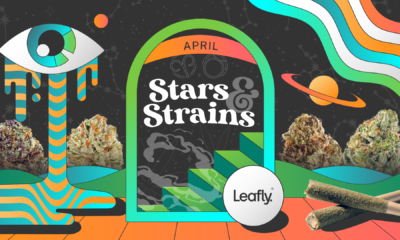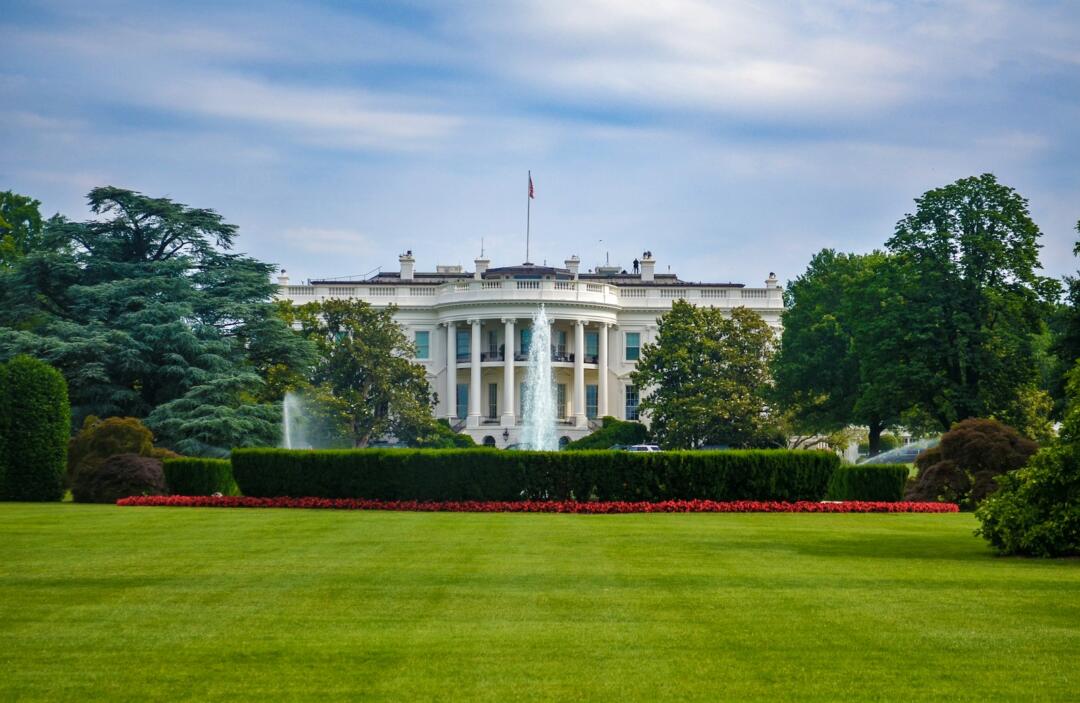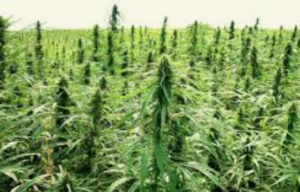Part of the cannabis industry supported the new president, betting he was going to move and move quickly on cannabis – the White House finally commented.
The cannabis industry has been a boon for consumers, medical patients, veterans and legal states, but for the thousands of mom and pop businesses is has been a roller coaster. With a huge demand, it would seem to be easy money, but the federal, tax, and banking restrictions have made it difficult to grow and expand. Part of the industry were all for the new administration assuming they would support positive change, but many in the new cabinet and the House Speaker Mike Johnson are foes. Now the White House finally comments on marijuana industry…and it doesn’t show a clear path.
RELATED: Music Is A Turn On Like Sex And Marijuana
The administration’s current stance on marijuana reform is marked by inaction, despite campaign promises and earlier signals of support for cannabis-related reforms. A White House official recently confirmed that “no action is being considered at this time” regarding marijuana policy, leaving advocates and industry stakeholders uncertain about the administration’s priorities.

During his campaign, the resident expressed support for rescheduling marijuana under the Controlled Substances Act (CSA), which would move it from Schedule I to Schedule III, easing restrictions on medical use and enabling cannabis businesses to access banking and tax benefits. However, since taking office, no concrete steps have been taken to advance this initiative. A DEA hearing on rescheduling, initially planned for January 2025, was postponed due to procedural appeals and remains unscheduled.
The president has also voiced support for state autonomy in cannabis policy and endorsed state-level legalization initiatives, such as Florida’s failed 2024 ballot measure for recreational marijuana. While this reflects a more favorable stance compared to his first term, his administration has yet to prioritize federal reforms like the SAFE Banking Act, which would facilitate banking services for cannabis businesses. Efforts to include such measures in a government funding bill late last year were unsuccessful.
The delay in federal action has significant implications for the cannabis industry. Rescheduling marijuana could alleviate financial burdens by eliminating restrictions under IRS Code Section 280E and promoting medical research. However, the stalled process leaves businesses navigating regulatory uncertainties and limited financial access.
RELATED: The Science Behind Why Music Sounds So Much Better When You’re High
While stakeholders continue lobbying for reform, the administration appears focused on other priorities such as immigration and foreign policy. Advocates hope the President will leverage his influence to advance cannabis reform, but for now, the issue remains sidelined. Until then the industry struggles and waits.

 Cannabis News2 years ago
Cannabis News2 years ago
 One-Hit Wonders2 years ago
One-Hit Wonders2 years ago
 Cannabis 1012 years ago
Cannabis 1012 years ago
 drug testing1 year ago
drug testing1 year ago
 Education2 years ago
Education2 years ago
 Cannabis2 years ago
Cannabis2 years ago
 Marijuana Business Daily2 years ago
Marijuana Business Daily2 years ago
 California2 years ago
California2 years ago




























